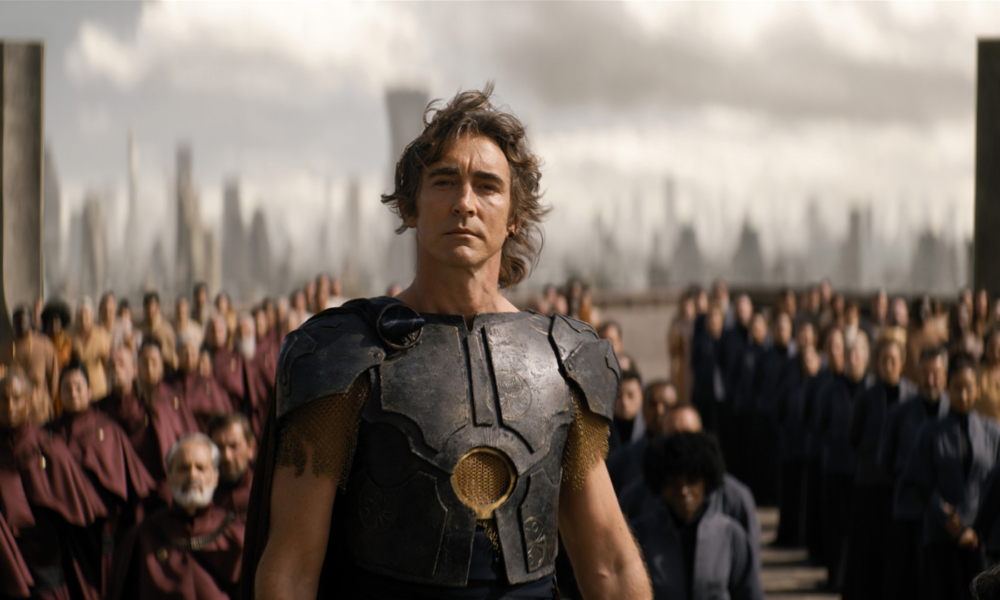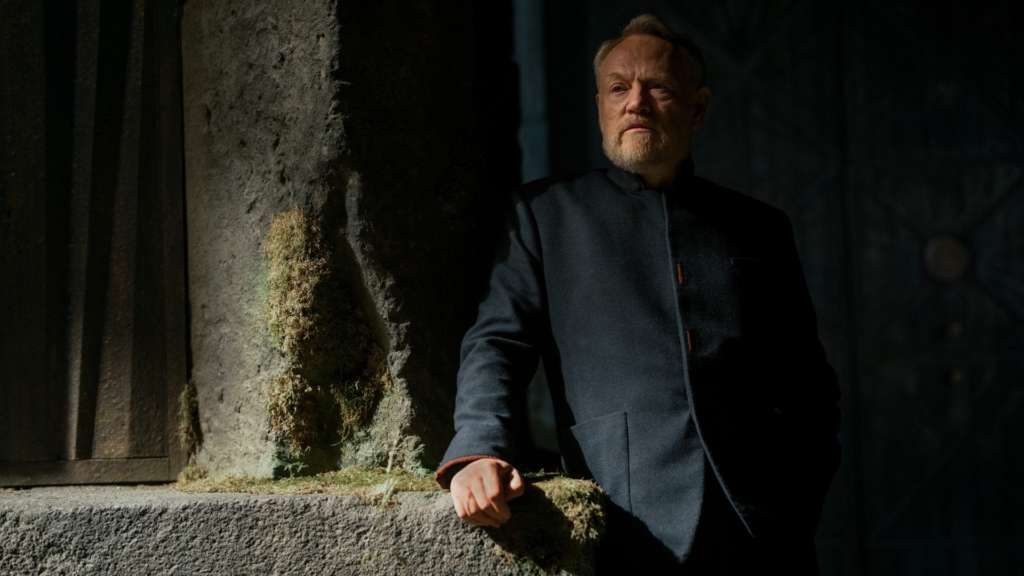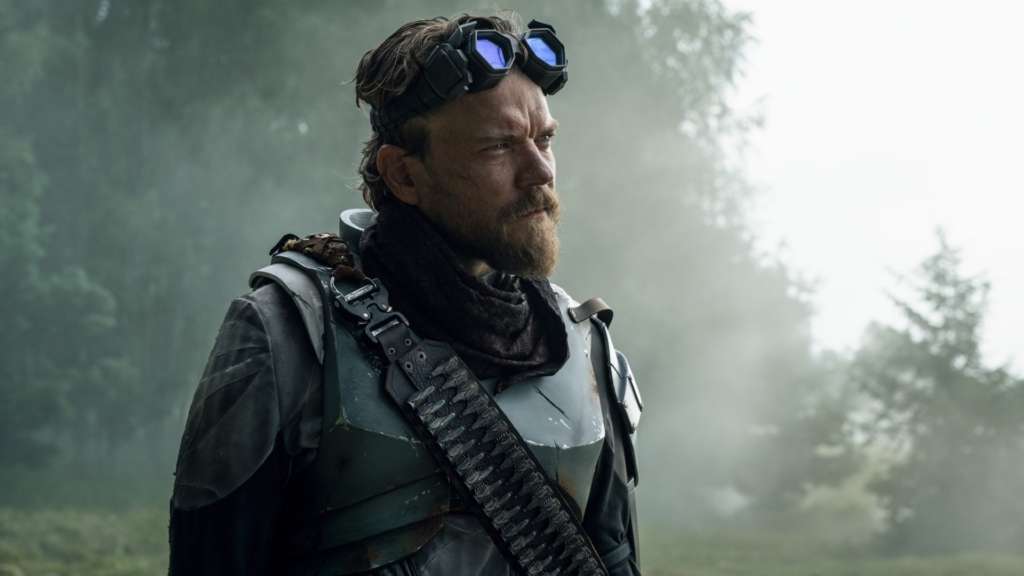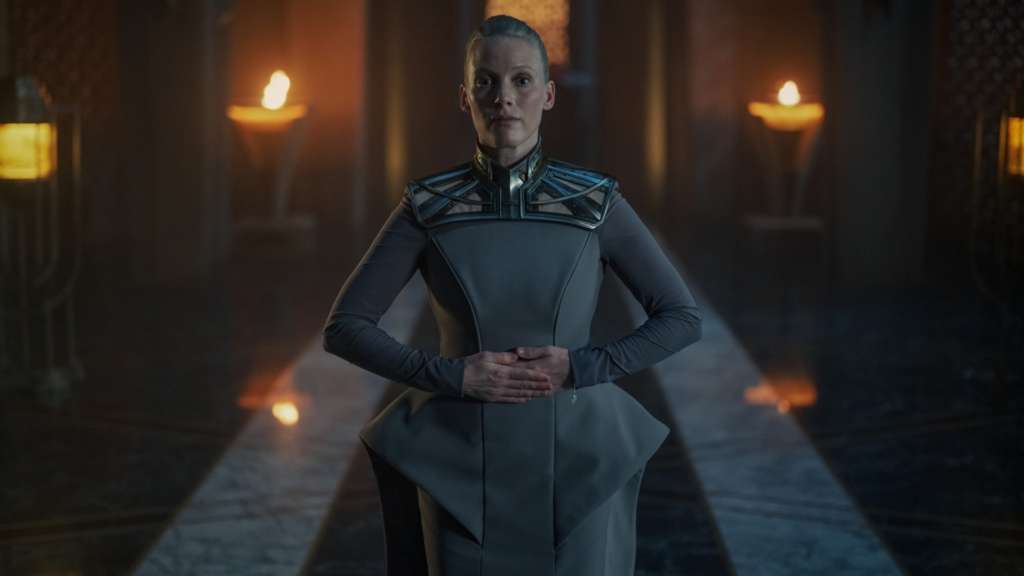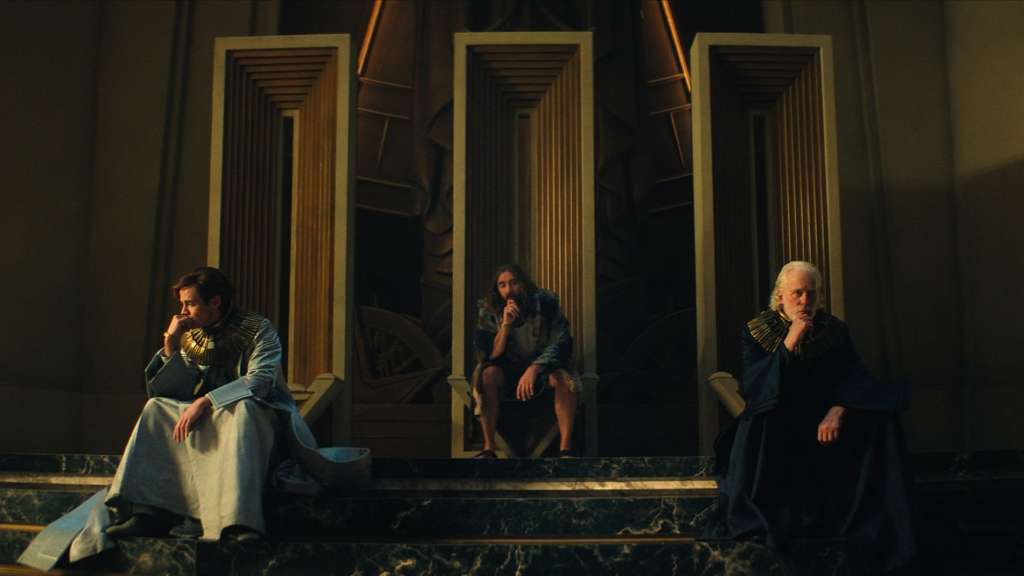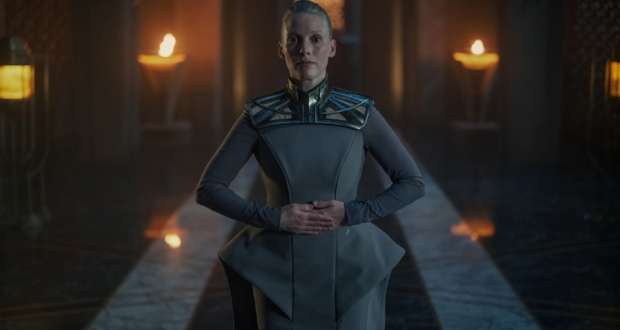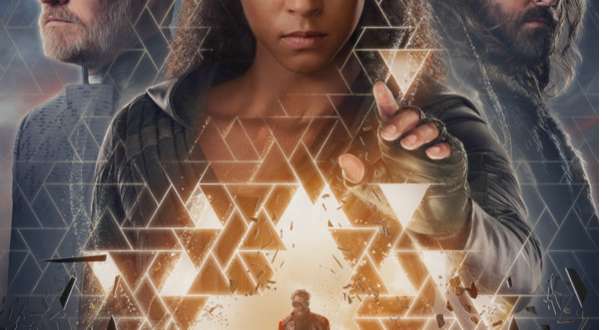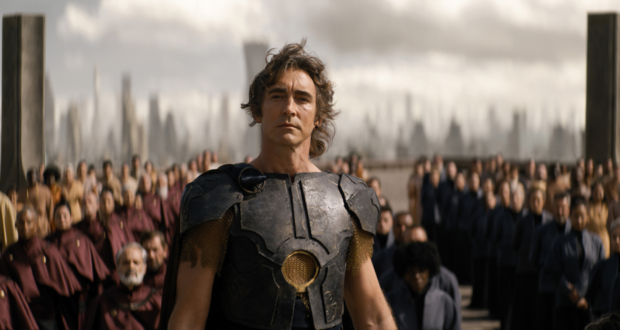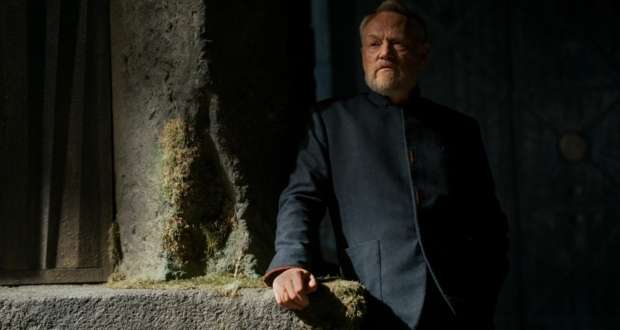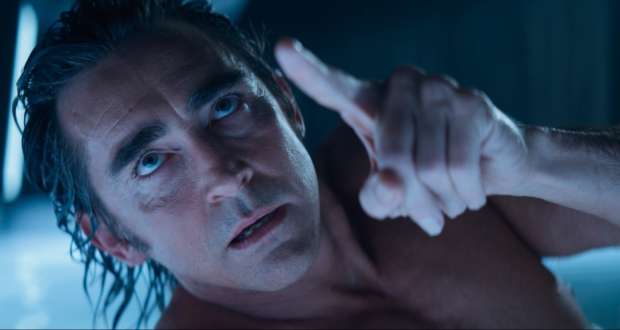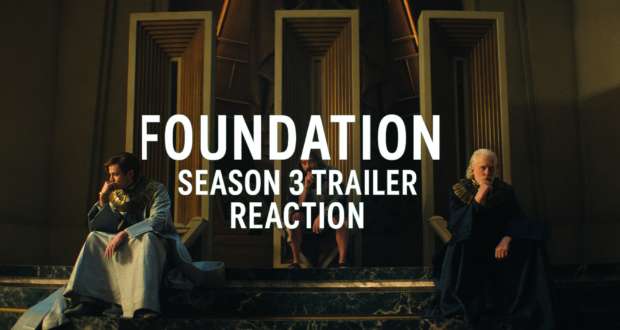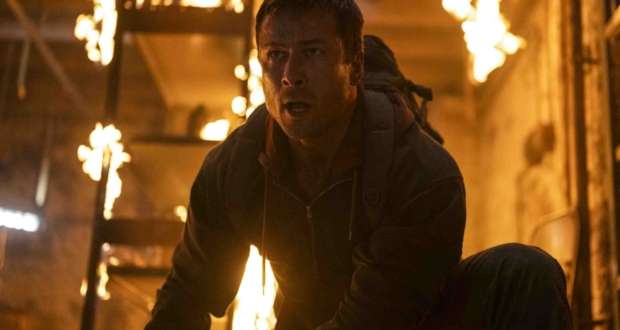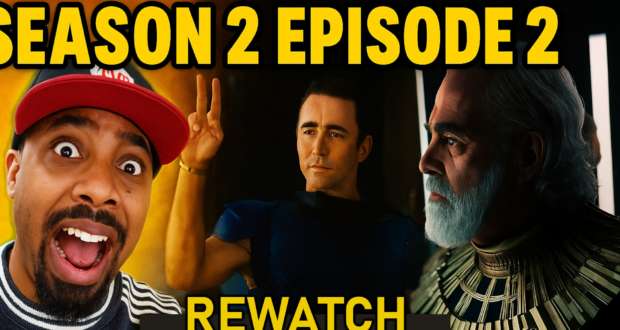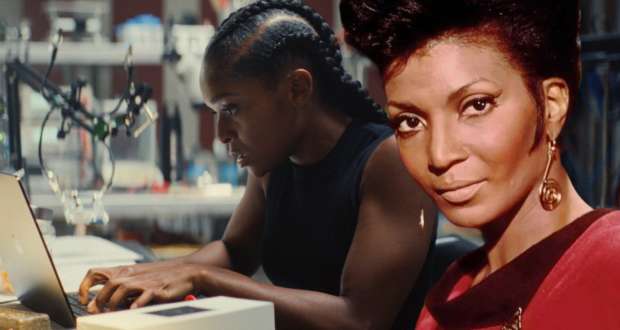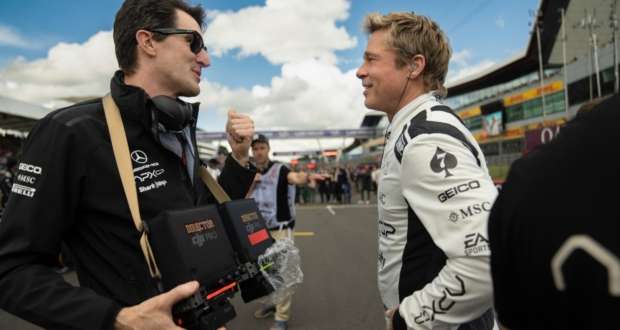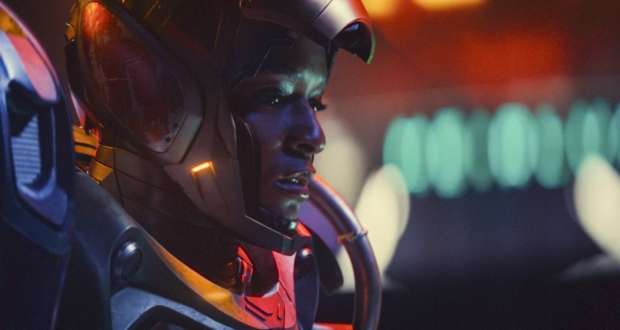If you’re only watching the Foundation tv series for space explosions and Lee Pace outfits, you’re missing the real heat. Season 2 took everything wild about Season 1, the clone drama, the psychic math, the android with attitude, and pushed it to the edge. Under all the spectacle, this show dropped some heavyweight ideas that hit way deeper than most sci-fi even tries.
So if you bailed after Season 1 or never pressed play, let me break down why Foundation isn’t just worth watching, it’s one of the smartest shows out right now.
Belief Is a Weapon in the Wrong Hands
The Church of Seldon went from background flavor to full-on galactic influence in Season 2. What started as whispers of prophecy turned into political strategy. People aren’t just praying to Hari, they’re organizing, fighting, and reshaping power. This isn’t just religion. It’s a system of control.
When Season 2 dropped that finale called “Creation Myths,” you could feel the show pulling back the curtain. The math behind psychohistory might be real, but what really moves people? Belief. And the show isn’t shy about asking who’s pulling those strings.
Psychohistory Is Cool Until It’s Not
Let’s talk about psychohistory. This is Asimov’s whole thing: a math formula that predicts the behavior of entire civilizations. Hari Seldon’s baby. But Season 2 reminds us that numbers don’t account for emotions, love, betrayal… or The Mule.
Gaal Dornick finds out the hard way that being able to see the future doesn’t mean you understand it. And Hari? He’s still playing space chess from the grave. Or the cloud. Or a robot cube. You get the point.
This isn’t just sci-fi wizardry. This is a question of fate vs free will, of math vs mess. And it works because the show treats it like a real philosophical fight not just technobabble.
Demerzel Ain’t Your Average Sidekick
If you’re not watching Foundation for Demerzel, you’re doing it wrong. She’s an android, sure. But she’s also the power behind the throne. And by the end of Season 2, it’s clear she’s been shaping the Cleonic dynasty for centuries. Quietly. Brutally. Brilliantly.
She’s loyal, but to what? The Empire? A promise? A lost version of herself?
Every time she talks, it feels like a threat wrapped in silk. When she gets emotional, it’s ten times more chilling because you can’t tell if it’s programming or pain. Either way, she’s the real endgame. And she’s the best part of the show that no one’s talking about loud enough.
Clones, Crowns, and Cracks in the Dynasty
Now let’s get into the clone stuff. Brother Day, Brother Dusk, Brother Dawn same DNA, different dysfunction. It’s not just a cool concept. It’s a straight-up metaphor for what happens when power copies itself too many times.
In Season 2, we watch the Cleonic dynasty unravel. These dudes are walking paradoxes identical faces with completely different hangups. Day’s turning into a tyrant with trust issues. Dawn’s just trying to have a normal relationship. Dusk? He’s exhausted, and who can blame him?
The deeper message? When leadership refuses to grow, everything around it rots. And this season made that clear.
The Mule Isn’t Playing Fair
Then there’s the Mule. We only get a taste in Season 2, but it’s enough to know something’s coming. This dude doesn’t need guns. He makes you love him literally. Mind control on a level that makes Jedi tricks look like TikTok filters.
His arrival flips everything. Psychohistory can’t predict him. Hari didn’t see him coming. Gaal barely understands him. And that’s what makes it so exciting. We’ve spent two seasons trying to understand how math controls fate. Now the show asks: what if someone rewrites the rules?
Final Thoughts
Foundation isn’t perfect, but it’s trying something bold. It respects your brain while still looking like a billion-dollar space painting. It gives you philosophy, emotion, spectacle, and just enough mess to make it relatable.
Season 2 asked the big questions: Who really runs the empire? What does belief actually do? Can free will survive in a system designed to control everything?
And with Season 3 on the way? You better believe the mind games are just getting started.
